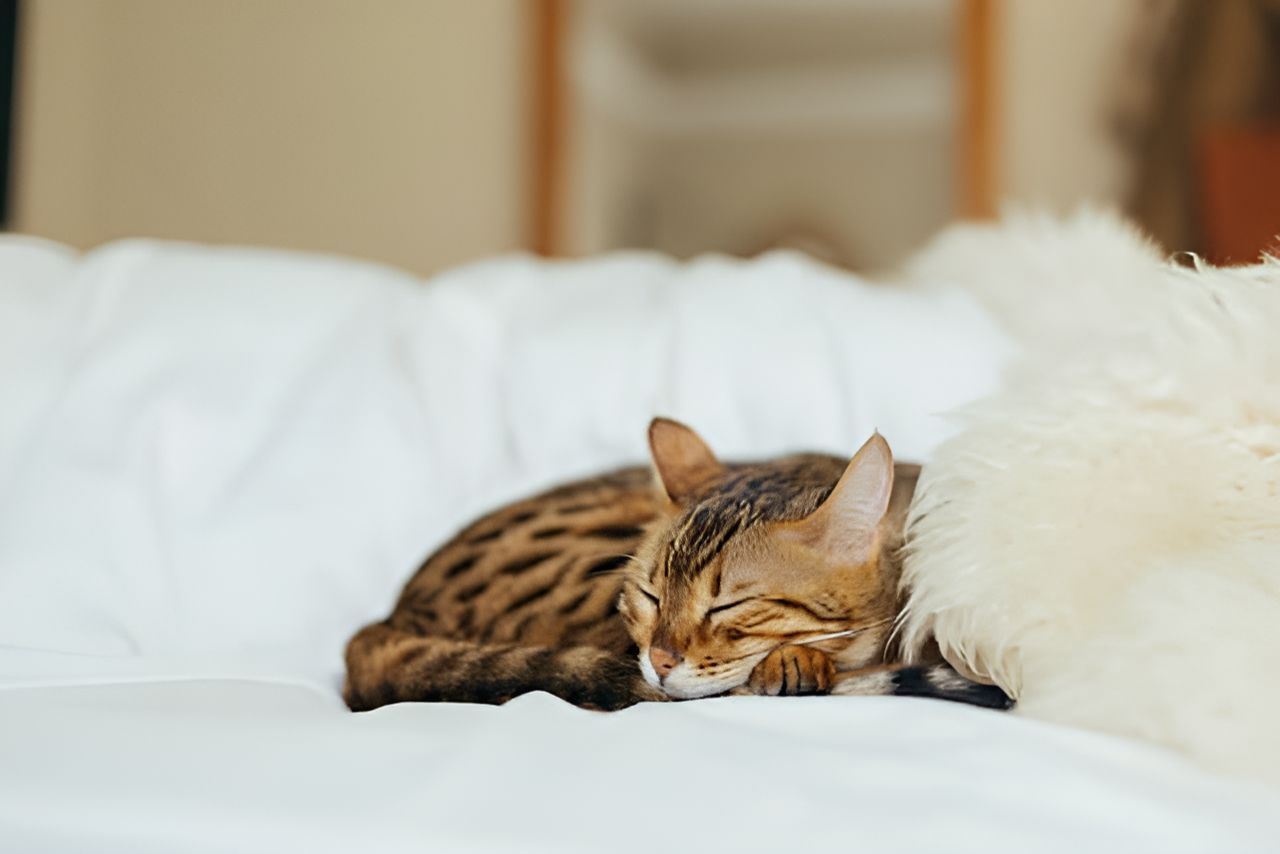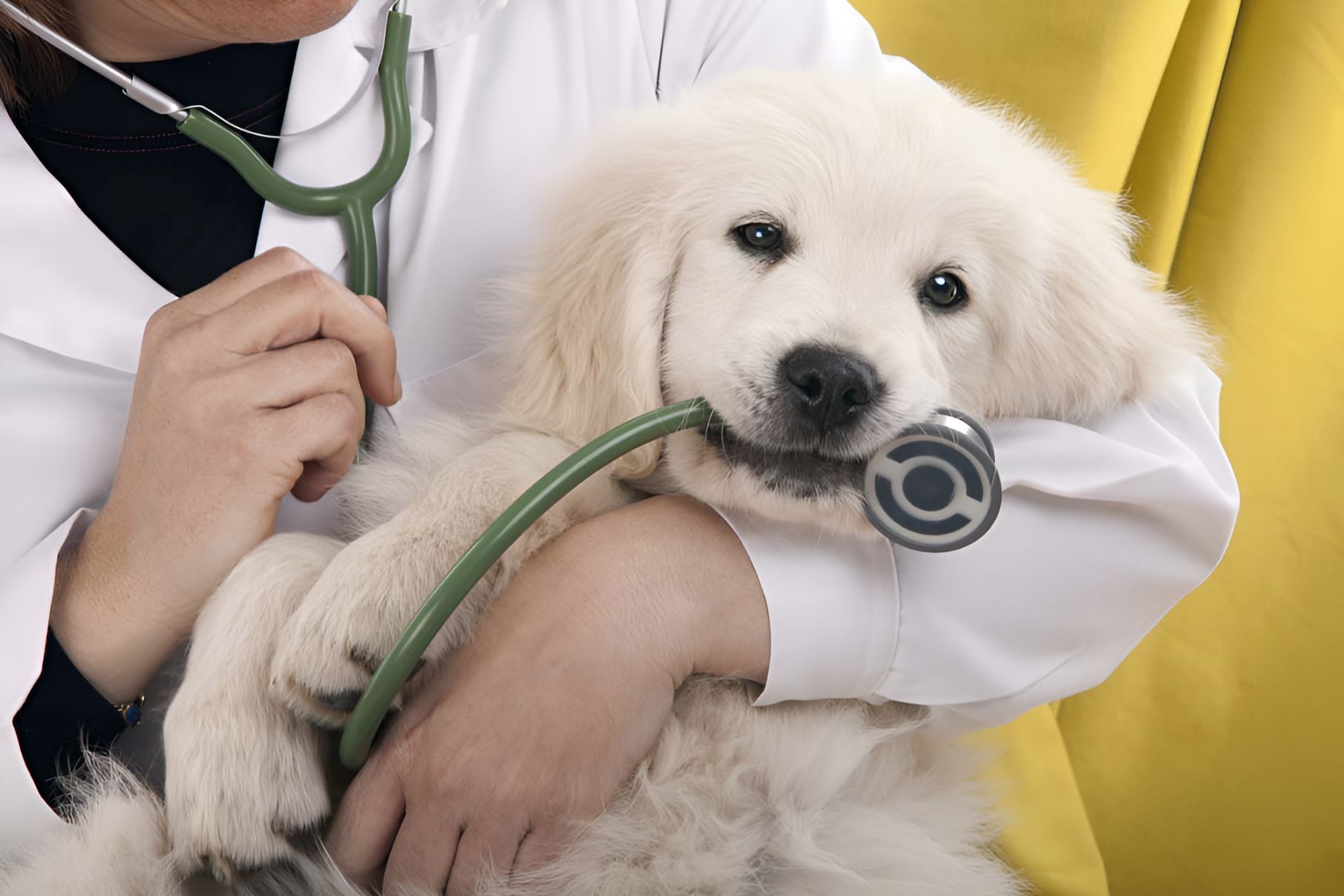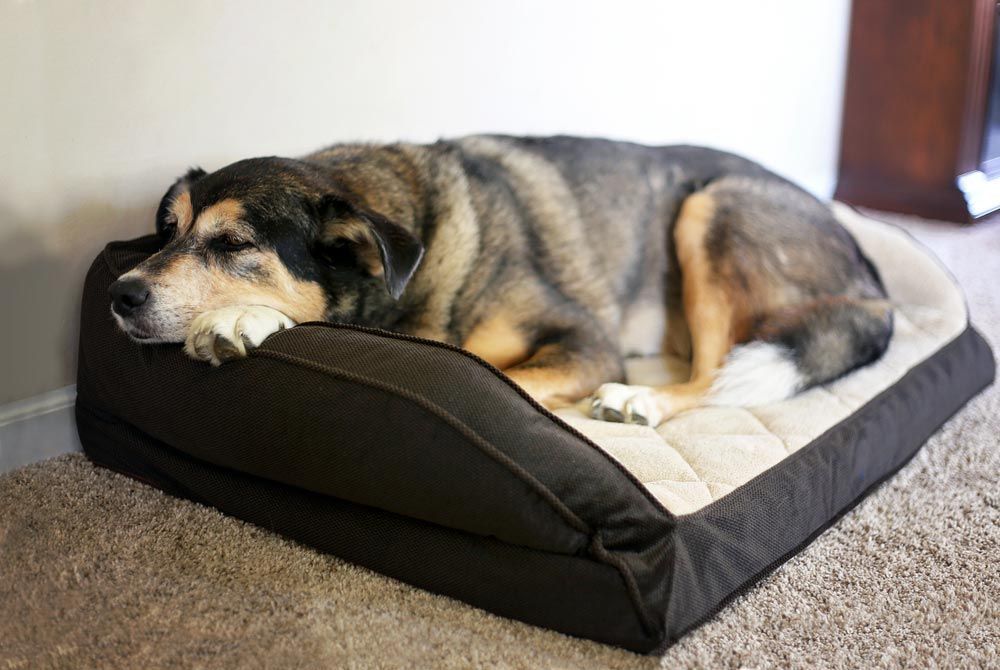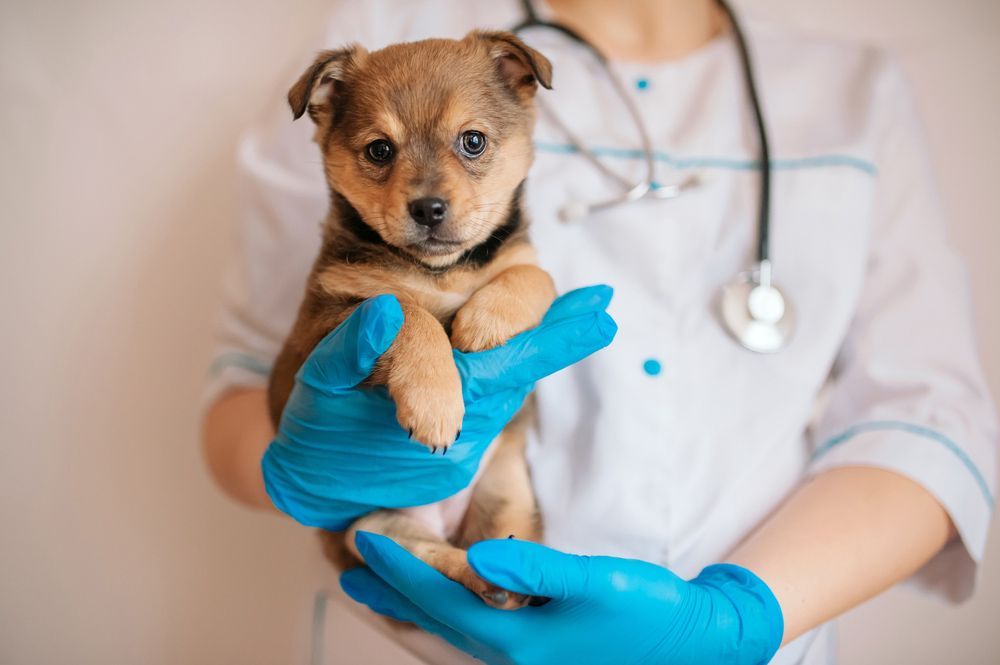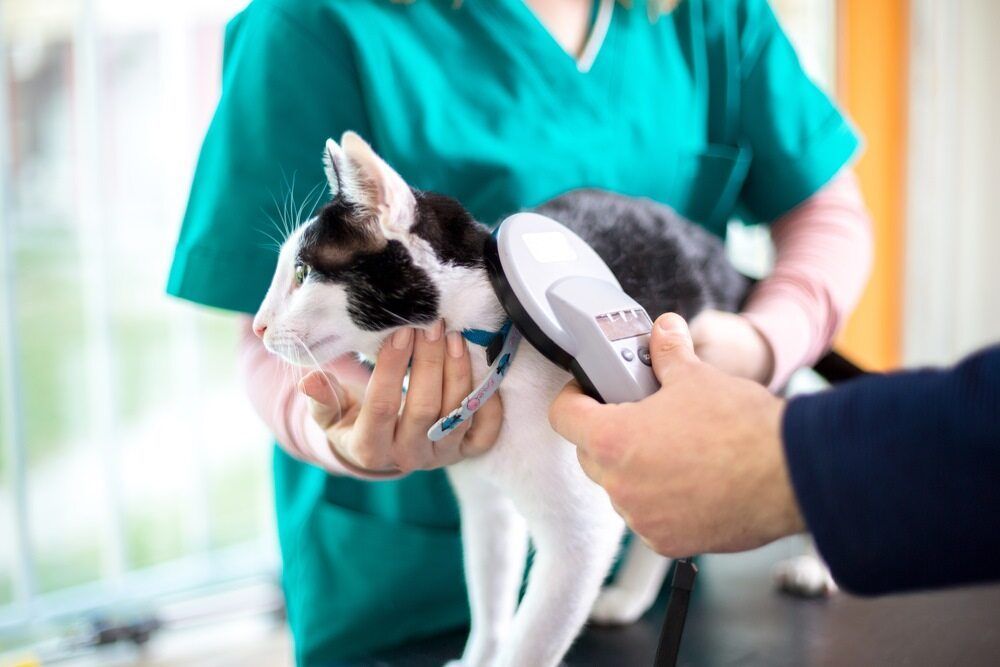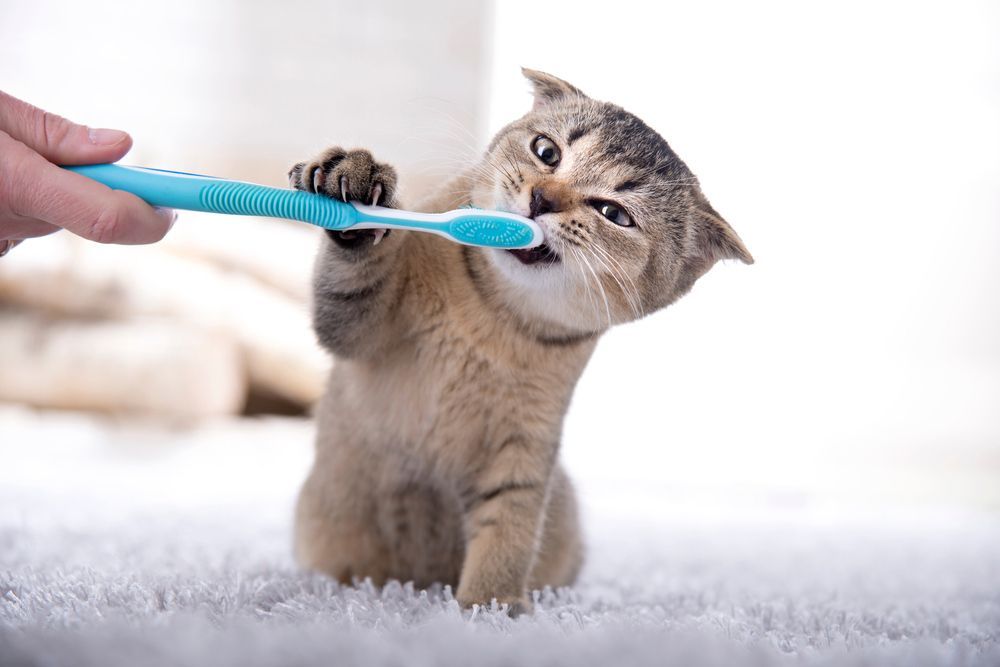If Your Cat Is Vomiting: What It Means & What You Should Do
It’s always concerning when your cat is unwell. With no way to communicate with us what the problem is, it can be difficult to decipher what exactly is wrong and how to help.
Vomiting is an instant red flag that something is wrong, but how do you know if it’s serious for your cat and what you need to do to help?
This guide will simplify the possible reasons, what you should do and when it’s time to see a vet.
Why is my cat vomiting?
There are several reasons a cat may begin throwing up, so it’s important to decipher how long the problem has persisted for and any other present symptoms to help you figure out the reason behind it.
If your cat vomits once
If your cat has vomited once with no other symptoms, keep a close eye on them. There is a chance that a sudden episode of vomiting (called acute vomiting) may be caused by their eating habits, like eating too much or too fast, eating something they shouldn’t have, or a change in diet that has upset their stomach. They may also have a problem with a hairball or be travel sick, or perhaps they have started a new medication recently that is causing some unpleasant side effects.
If your cat vomits more than once
However, if your cat vomits more than once and this persists for more than 24 hours, or they are sick many times over a few weeks (called chronic vomiting), there is a chance it’s being caused by something more serious. They may have worms, a gut blockage, have consumed a toxin or have an undiagnosed disease.
What should I do if my cat is vomiting?
The most important thing to do if your cat is vomiting is to monitor their behaviour from the first instance:
- Do they vomit multiple times in a row, or was it a one-off?
- Are they acting normally, or do they seem lethargic or present any other symptoms?
- Are they interested in food?
You know your cat the best, so if you suspect anything out of the ordinary, contact a vet.
If you think that your cat is experiencing acute vomiting because of a harmless cause that seems to have gone away, you can treat your cat at home.
For example, if you have just changed their diet and they are vomiting, consider going back to their old food and seeing if the symptoms persist.
If not, your cat’s stomach is likely to have been irritated by an ingredient in the new food which you should avoid from now on, but it’s worth making an appointment to check it’s not an allergy.
If your cat is consistently eating too fast and upsetting their stomach, consider giving them smaller portions or implementing a feeder to slow down their eating. There are treatments that you can buy at the pet store if your cat is having hairball issues as well.
If they vomit after going outdoors, they may be consuming something unexpected, so try to keep an eye on them if you can and prevent them from leaving to see if the symptoms persist.
However, if you suspect they have consumed something harmful, contact a vet immediately.
When do I need to go to the vet?
Heartworm is a serious and potentially fatal condition that can be difficult to treat, so prevention is key. If your dog has heartworm, a preventative treatment can be dangerous and even fatal, so it’s crucial you have your dog checked by one of our vets first if you’re unsure.
When your puppy reaches 6-8 weeks of age, they can begin heartworm prevention. You can administer monthly tablets or top-spot applications at home, but the most convenient and effective treatment is an annual injection from your local vet, which your dog can receive once it’s 12 weeks old. If your dog hasn’t had heartworm medication for over six months, a blood test is needed to rule out potential infection before prevention can recommence.
Put your best friend in the best hands with Blue and White Veterinary Clinic
If your cat has been vomiting for 24 hours or vomited consistently on multiple recent occasions, you should consider booking a vet appointment, especially if they are very young or old, or have an existing medical condition.
It’s vital that you monitor the vomiting alongside other symptoms such as diarrhoea, constipation, weight loss, weakness and lethargy, and appetite loss. These all indicate a more serious problem and require veterinary attention so they can identify the cause and treat it, as well as make sure your cat does not become dehydrated or malnourished.
Keep an eye on what the vomit looks like, too. Any sign of blood warrants a vet visit, and if you can tell the vet about the colour and consistency of the vomit, this will help them identify the cause.
At Blue & White Veterinary Clinic, we are available for emergency consultations 24/7, so do not hesitate to get in contact if you are worried about your cat’s health.

